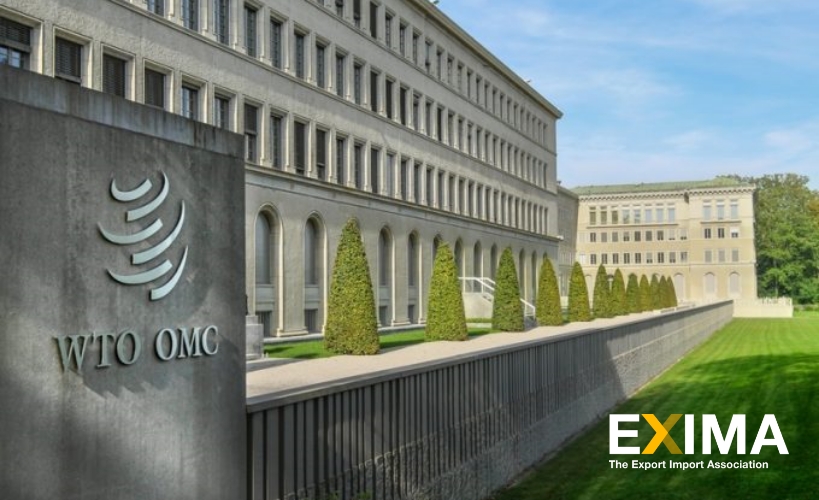☰
The World Trade Organization (WTO) was formed in 1995 to promote free trade among countries by lowering tariffs and other barriers. Since the organization deals with the global rules of trade, it also acts as a referee when governments address trade disputes. Let’s take a look at some of WTO’s accomplishments and the challenges it is currently facing.

What has the WTO Achieved?
Broad Trade Governance
The Ministerial Conference, which is the WTO’s highest decision-making body, brings together all members every two years to engage in multilateral negotiations aimed at lowering barriers to free trade. There is also the General Council, which acts on behalf of the Ministerial Conference. It runs the Dispute Settlement Body and the Trade Policy Review Body. It consists of representatives from all member governments, and its broad structure has helped to improve international trade and economic growth around the world.
Helping Countries Develop
The WTO agreements focus on the interests of developing countries, which constitute over three-quarters of the member countries. This is important since more open trade can increase economic growth and help countries develop. Liberalization efforts under the WTO have helped to boost global GDP as well while stimulating global demand for developing countries’ exports.
Disputing Resolutions
The expansion of global trade meant disputes were inevitable. To make sure they got settled, the WTO stepped in to ensure all nations adhered to the rules. This has greatly simplified the entire trading process, created closer economic ties, and increased faith in the organization.
Challenges Facing the WTO
Despite the WTO’s undeniable success, a constantly changing international economic environment creates some significant challenges for the organization.
Delay in Arbitration
To start, WTO takes too long to settle disputes. It can take several years from the initial receipt of a complaint to the final panel ruling. Despite the WTO operating as a multilateral organization, many member countries and trading blocs sometimes favor bilateral discussions with partners or competitors. This is because these can be fully focused and relatively quick to complete. Therefore, many countries prefer to bypass the WTO process and deal with other countries directly.
Non-compliance to WTO rules
As global trade gets more complicated, countries are seeking to protect their markets as much as they can. This has led countries such as the U.S. and China to introduce tariffs that do not adhere to WTO’s procedures. This is a significant challenge for WTO because countries are sidelining the organization and questioning its ability.
Non-compliance contributes to the degeneration of trading relations and increases the likelihood of trade wars as well. Although the WTO can penalize non-compliance through trade sanctions, there is a limit to how far it can go. This scenario can be avoided if trading relations are based on agreed rules, enforced by an effective compliance mechanism, and fully respected by the governments.

Enjoyed this article? Then make sure to check out our Media Page for more!


